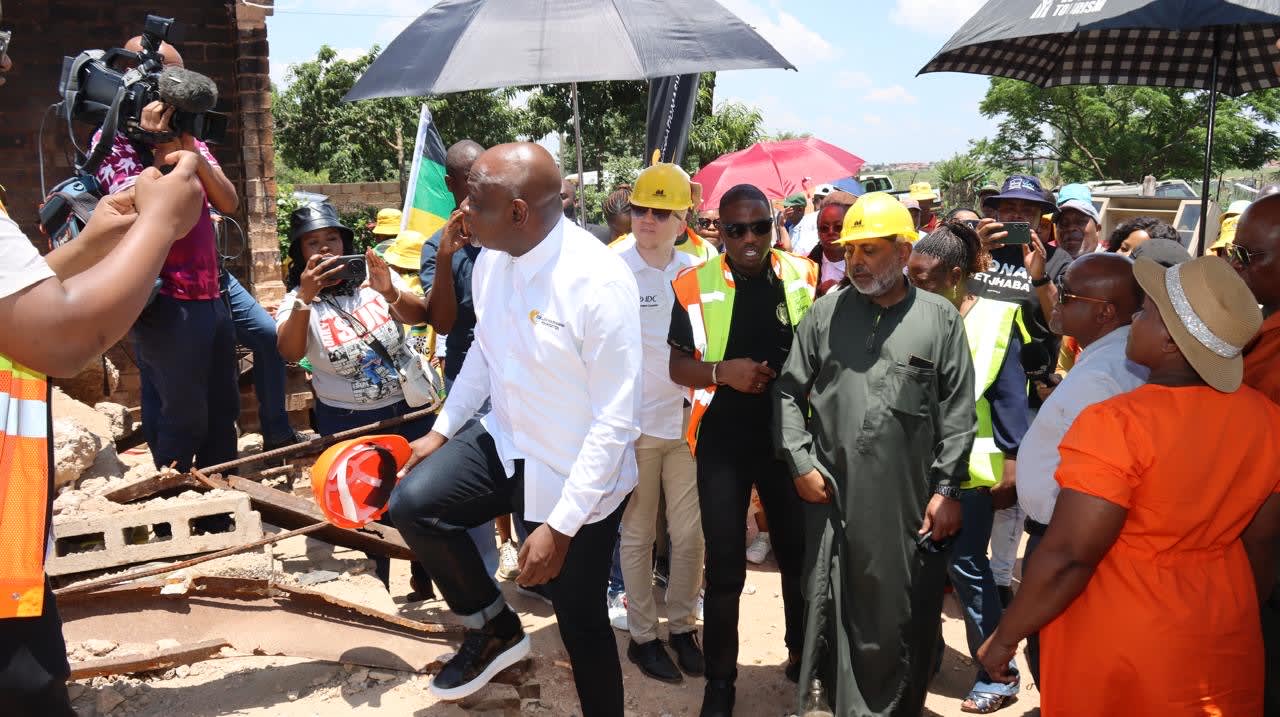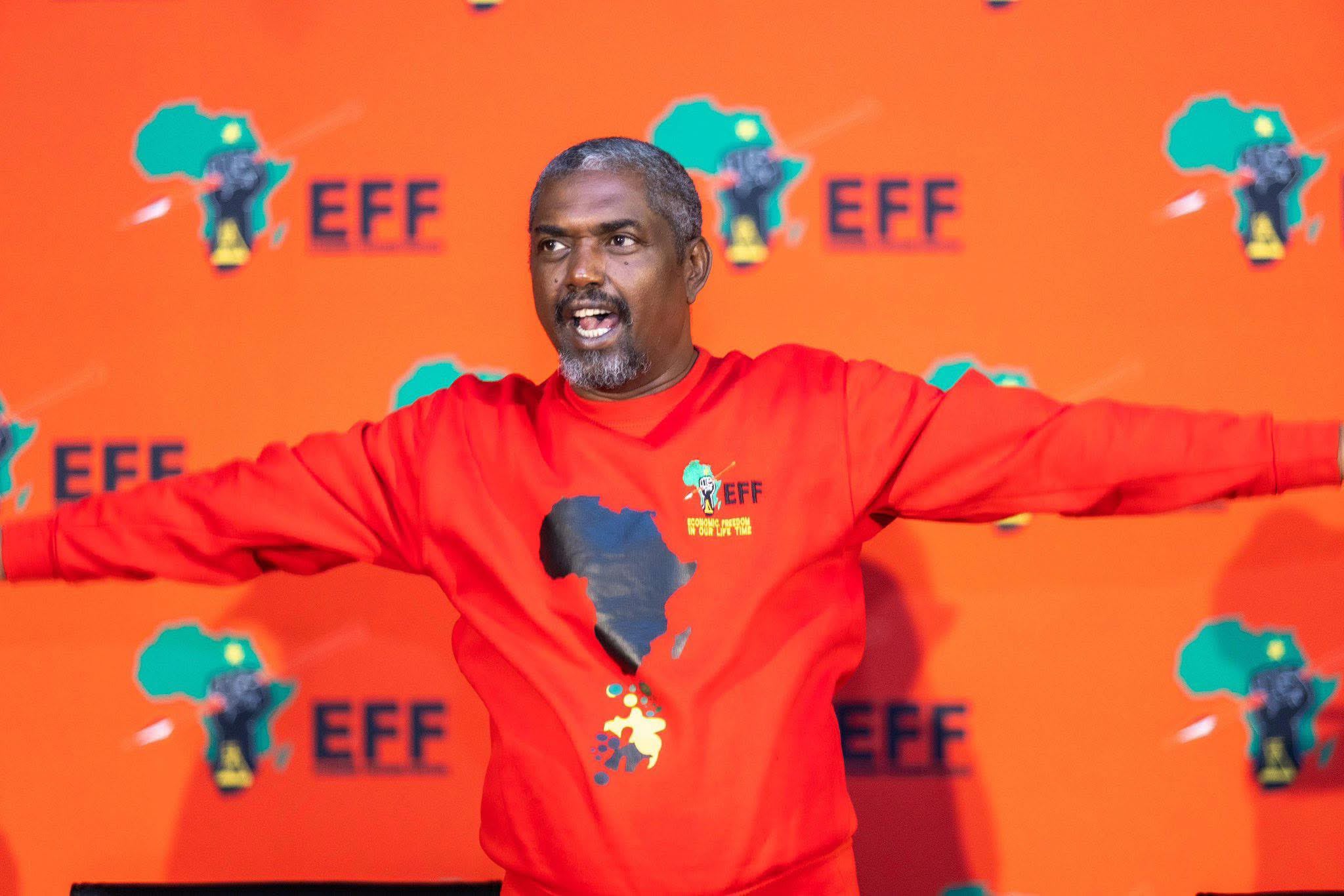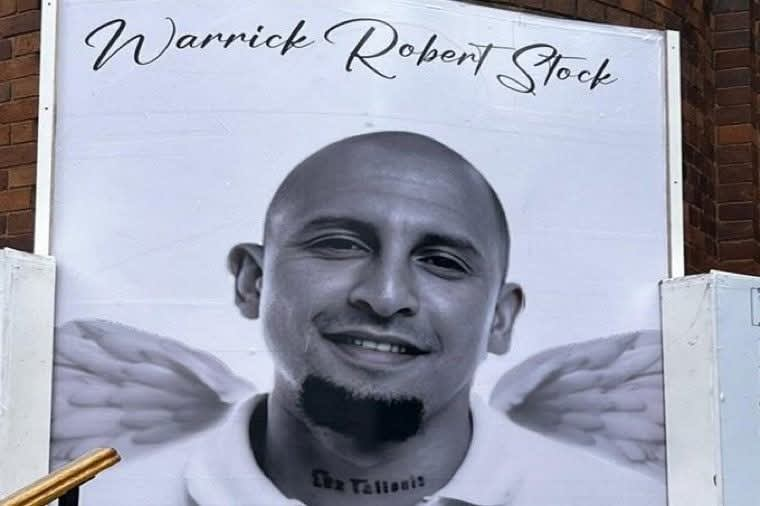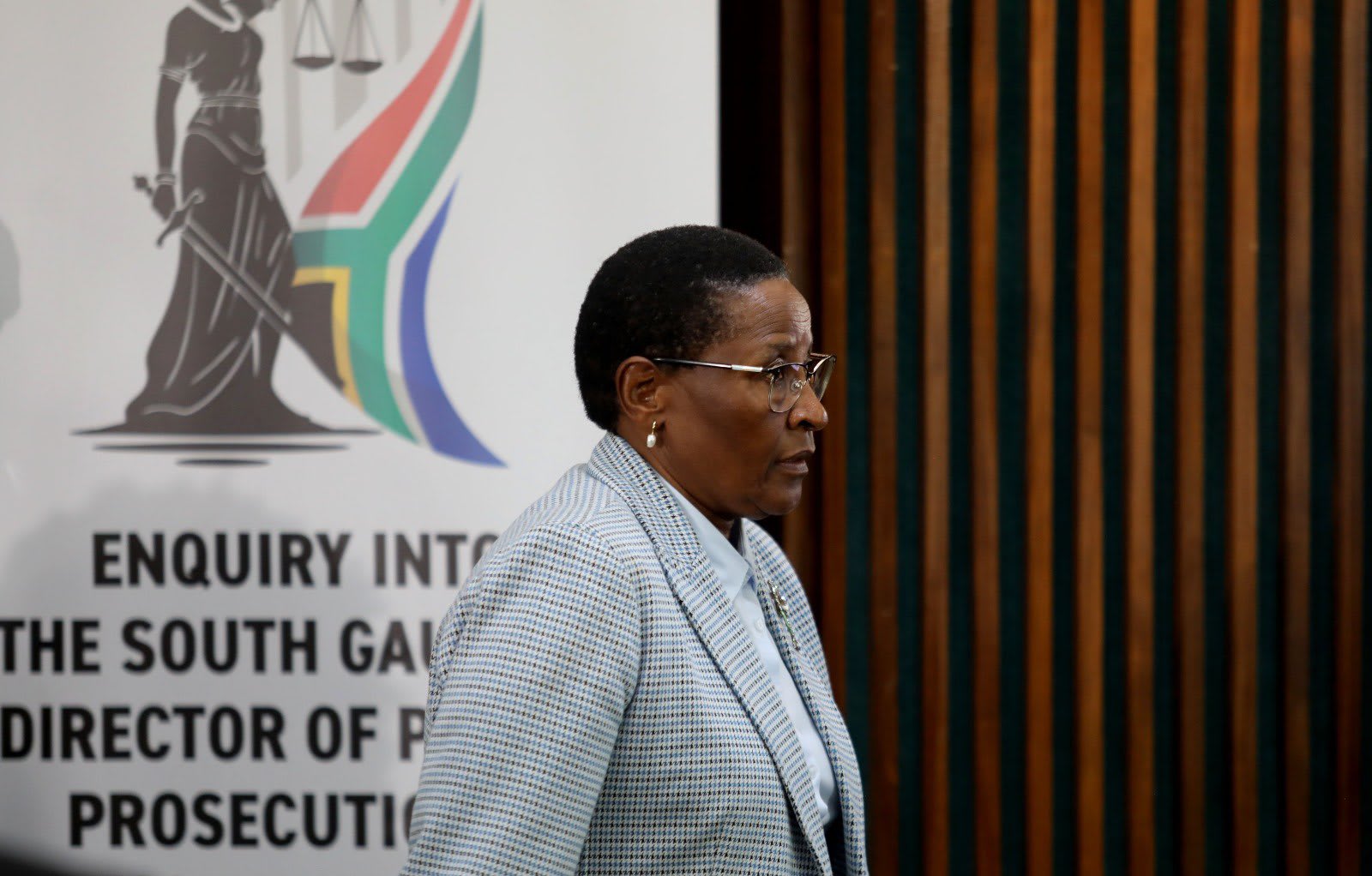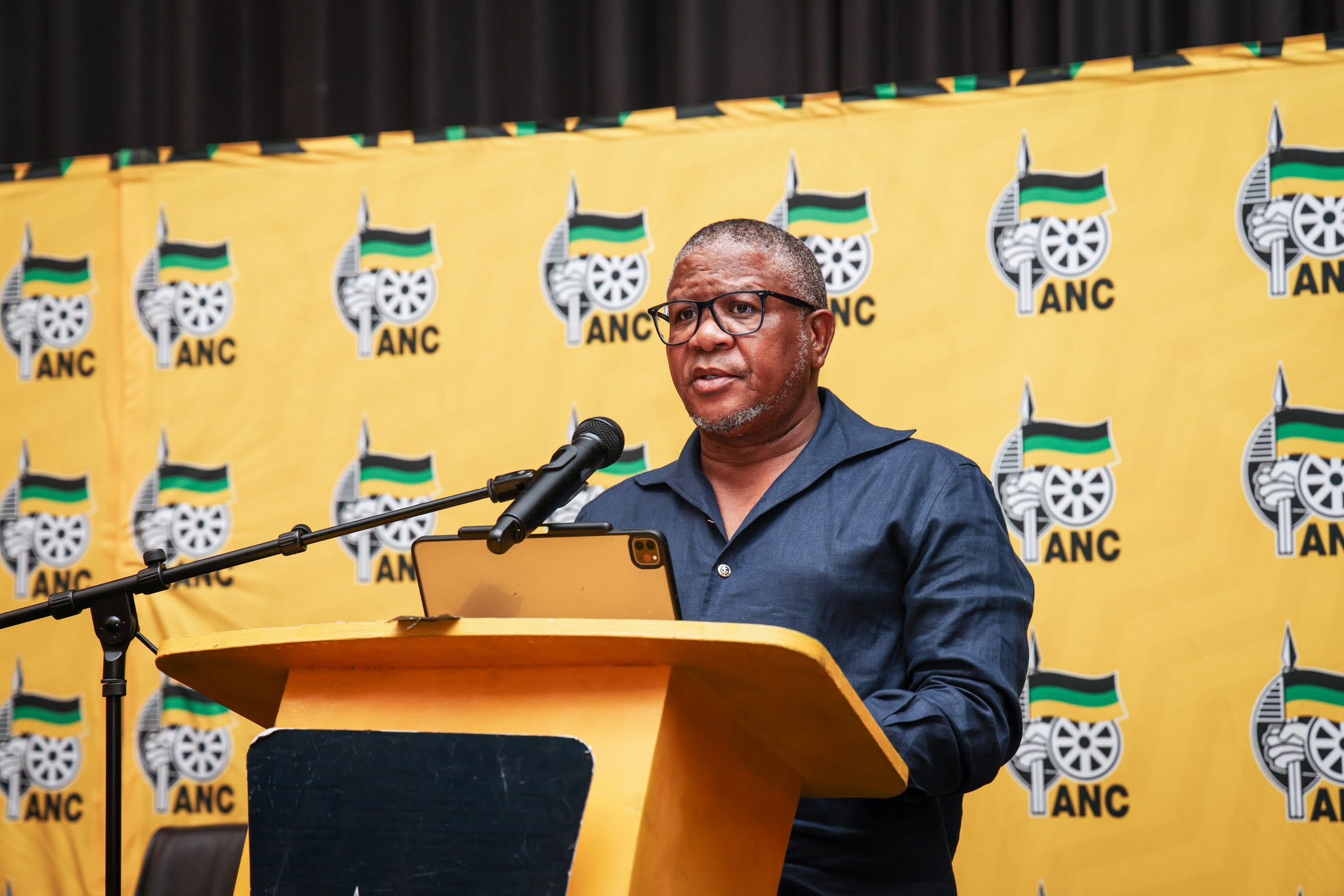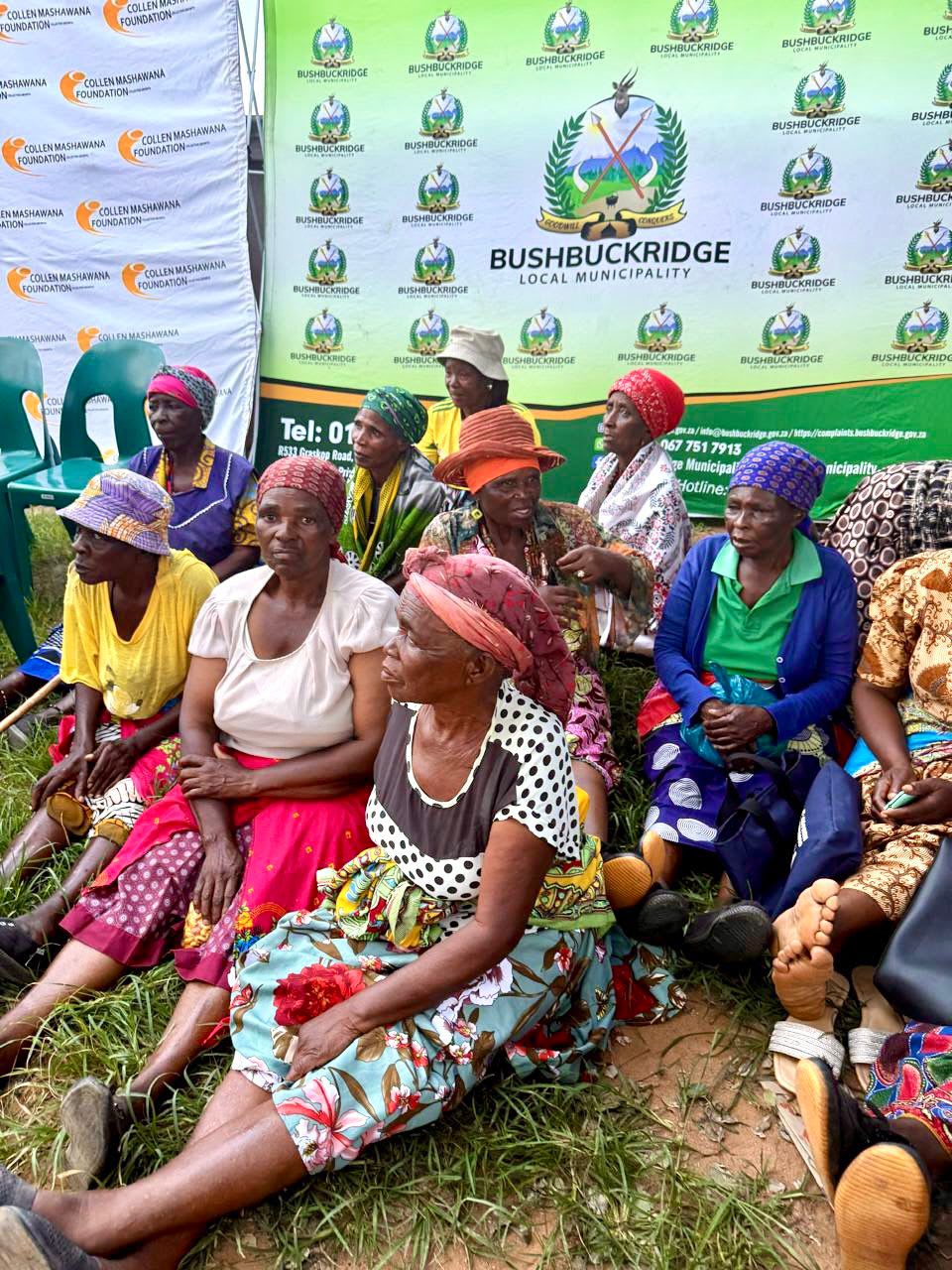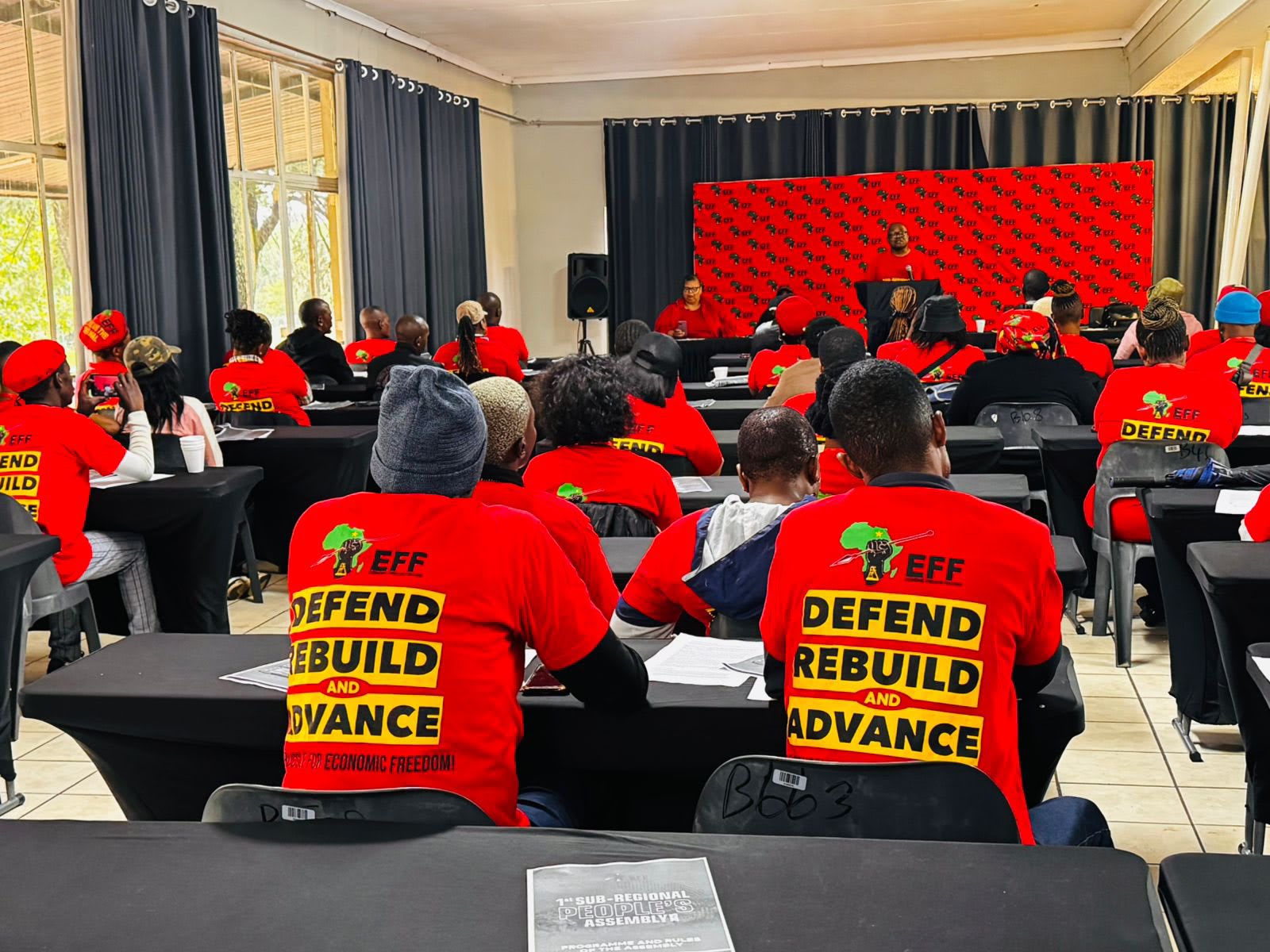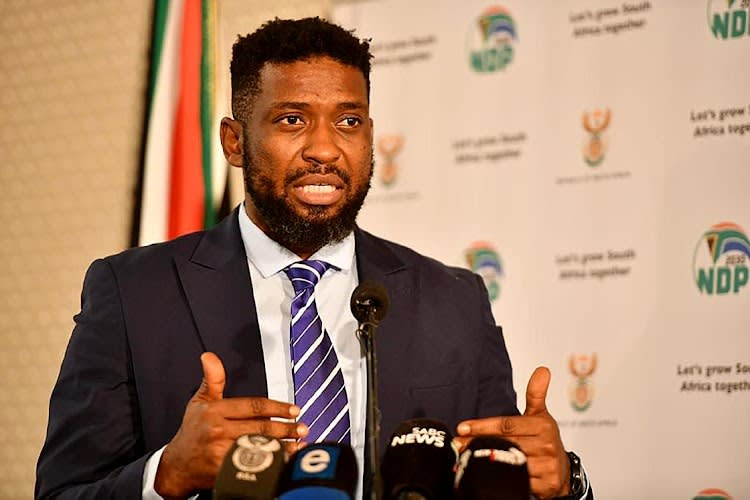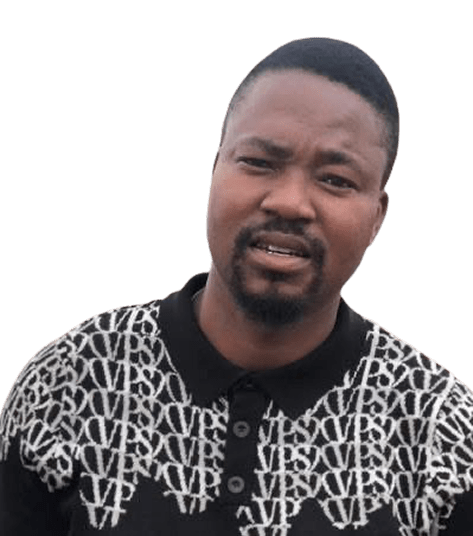Corruption
1Min
South Africa
Oct 20, 2025
Zakhele Khuzwayo alleges that after refusing an alleged bribe linked to a major tender, the Department of Home Affairs and a private contractor coordinated a campaign to discredit him, leaving him blacklisted, his pension frozen, and his reputation in tatters.
Allegations have surfaced that the Department of Home Affairs allegedly colluded with a private contractor to target one of its senior officials, Zakhele Khuzwayo, in what is being described as a high-profile case of institutional retaliation.
The controversy stems from tender DHA02-2021, awarded in April 2021 to Foursight IT Business Solutions CC, allegedly headed by Johanna Phenya, wife of the late businessman Eric Phenya. The contract required the appointment of a subcontractor under a 70/30 arrangement, with Foursight allegedly selecting Aim Right Trading 102 CC.
Khuzwayo, then Director: Information Systems Security and a member of the Bid Specification Committee, alleges that he became a target after refusing an alleged bribe from the Phenyas, who purportedly offered him and his wife a trip to Greece. Khuzwayo says that after his refusal, Foursight lodged complaints accusing Khuzwayo of corruption, collusion, and misconduct.
According to Khuzwayo, the Department of Home Affairs adopted these complaints without proper investigation. Surveillance was allegedly used against him, and auditing firm BDO was brought in to support a narrative that Khuzwayo claims was pre-determined, that he should be removed.
The matter escalated publicly when then-Minister Aaron Motsoaledi reportedly told the Portfolio Committee on Home Affairs that Khuzwayo had been dismissed for corruption. Khuzwayo alleges that no disciplinary hearings or rulings had taken place that had found him guilty of corruption, and that the announcement amounted to defamation.
Facing intense pressure, Khuzwayo resigned, but he alleges the repercussions continued. His name was reportedly blacklisted on PERSAL, effectively barring him from future public employment, while his pension fund remains frozen. Khuzwayo claims that the bargaining councils, which could have provided recourse, were used to delay and obstruct his fight for justice.
The case raises questions about transparency and integrity within South Africa’s tender processes. Observers say it highlights the potential risks faced by public officials who refuse to participate in corruption.
Khuzwayo’s allegations suggest a system where integrity is penalised, and those who expose wrongdoing may face significant personal and professional consequences.




